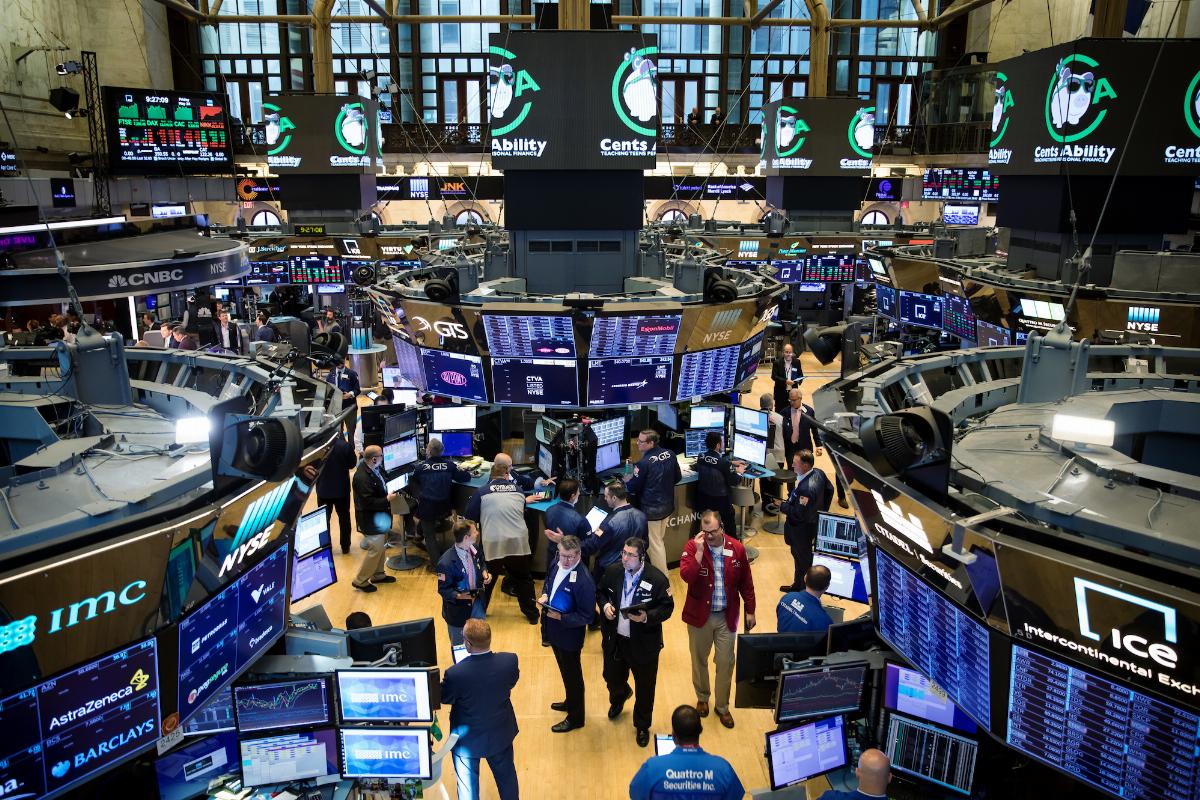
Stock Market
The stock market is a system where shares of publicly traded companies are bought and sold, enabling companies to raise capital and investors to purchase equity in the form of stocks. Stock exchanges, such as the New York Stock Exchange (NYSE) and the NASDAQ, are centralized platforms where these transactions occur. Participants include individual investors, institutional investors, and market makers.
The stock market operates based on supply and demand, with the price of a stock determined by factors like company performance, economic conditions, and market sentiment. Investors may buy stocks with the expectation that the value of the shares will increase over time, providing capital gains. They may also receive dividends, which are portions of a company’s earnings paid to shareholders. Stock prices are often affected by a variety of influences, including earnings reports, changes in interest rates, geopolitical events, and technological advancements.
The stock market is categorized into primary and secondary markets. In the primary market, companies issue new stocks through Initial Public Offerings (IPOs) to raise funds. In the secondary market, investors trade existing shares without the issuing company being directly involved. Stock exchanges have specific regulations and are monitored by regulatory bodies such as the U.S. Securities and Exchange Commission (SEC) in the United States, which seeks to ensure market transparency and protect investors from fraud.
Various indexes measure stock market performance, with the Dow Jones Industrial Average (DJIA), the S&P 500, and the NASDAQ Composite being some of the most well-known. These indexes track the performance of selected groups of stocks, providing insight into broader market trends. Stocks are classified by market capitalization into categories like large-cap, mid-cap, and small-cap stocks. Investors use strategies such as fundamental analysis, which focuses on a company’s financial health and performance, or technical analysis, which examines past price movements and patterns to predict future trends.
The rise of technology has had a significant impact on stock markets worldwide. Online brokerage platforms have made it easier for retail investors to participate in trading, while automated trading systems and algorithms are increasingly used by institutional investors to execute high-speed transactions. The stock market also serves as a key indicator of economic health, reflecting the performance of the economy through the value of companies listed on the exchange.
Stichworte







